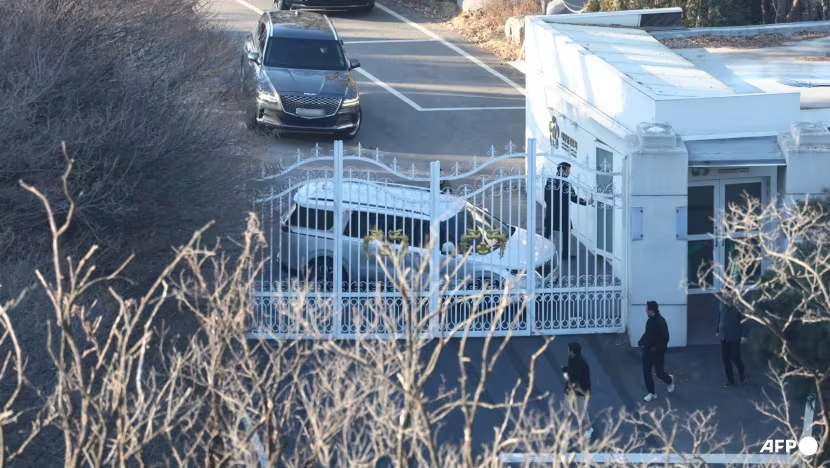Already a subscriber? Make sure to log into your account before viewing this content. You can access your account by hitting the “login” button on the top right corner. Still unable to see the content after signing in? Make sure your card on file is up-to-date.
South Korean officials have suspended their attempts to arrest impeached President Yoon Suk-yeol following a tense hours-long standoff with his security detail.
Some shit you should know before you read: Back in early December, South Korea’s President Yoon Suk Yeol declared martial law in a late-night announcement, citing the need to overcome political deadlock and root out what he described as “anti-state forces.” This move shocked the nation, as it was widely seen as an authoritarian power grab. Within hours of the declaration, the National Assembly convened an emergency session and voted 190-0 to revoke the decree despite armed military personnel attempting to block lawmakers from accessing the chamber. The backlash was swift, with lawmakers from across the political spectrum condemning Yoon’s actions as a blatant violation of democratic norms. Just 11 days later, on December 14, the National Assembly impeached Yoon, suspending his presidential powers and triggering a constitutional court review of his fate. Ultimately, a court issued an arrest warrant for Yoon.

What’s going on now: Yesterday, South Korean authorities attempted to arrest impeached President Yoon Suk-yeol at his official residence in Seoul, leading to a standoff that lasted over five hours. Investigators from the Corruption Investigation Office for High-Ranking Officials (CIO), accompanied by police, arrived early in the morning to execute an arrest warrant on charges of insurrection and abuse of power related to Yoon’s December 3 martial law declaration. However, they were met with significant resistance from the Presidential Security Service (PSS), which formed a human wall of approximately 200 personnel to block their entry.
The situation escalated as scuffles broke out between investigators and security officers, with live footage showing officers pushing and shoving each other. Citing concerns for the safety of personnel and the impossibility of moving forward under such conditions, the CIO eventually decided to halt the arrest operation. Despite the setback, prosecutors are now reassessing their approach, with the arrest warrant remaining valid until January 6. According to Yonhap, prosecutors are exploring whether to attempt another arrest before the warrant expires or seek an extension.
This all comes as Yoon’s lawyers argue that the investigation and detention warrant against him are legally flawed and unconstitutional. They claim that the Corruption Investigation Office for High-Ranking Officials lacks jurisdiction to probe allegations of rebellion, arguing that such charges should fall under military court jurisdiction due to their connection with national security.
Additionally, they claim that the warrant violates laws protecting locations tied to military secrets, which cannot be searched or seized without the explicit consent of the responsible authority. The legal team has also filed motions to block the detention and related search warrants, accusing the court of overstepping its authority and bypassing constitutional safeguards.






